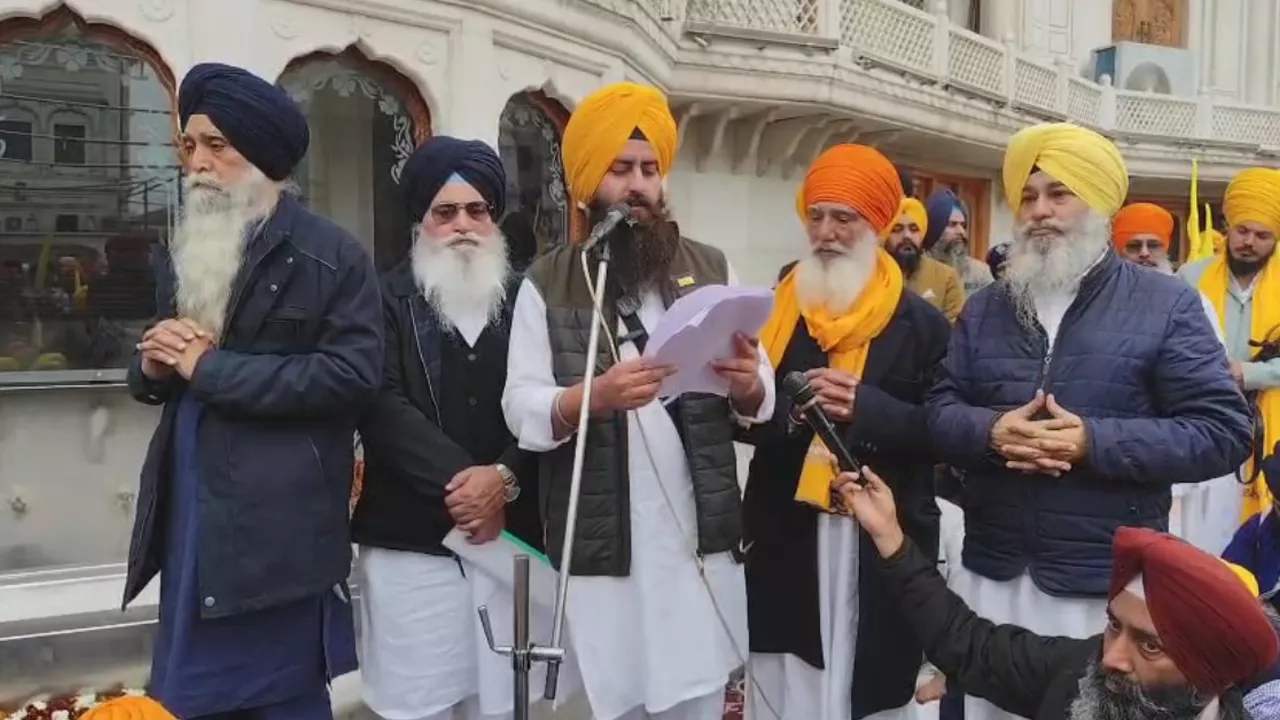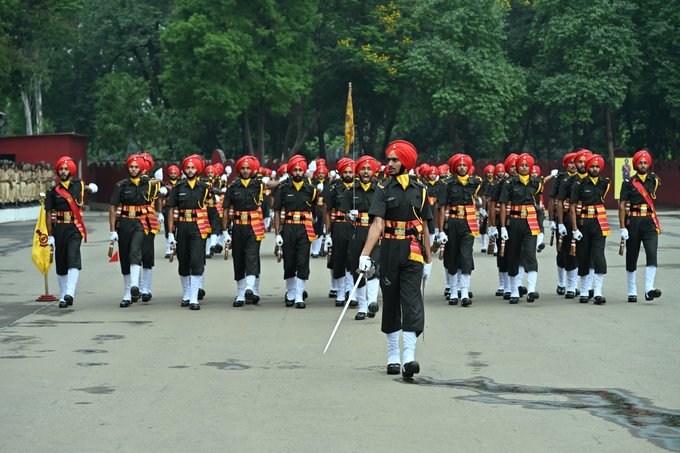The Punjab and Haryana High Court has ruled that any land in revenue records declared as Takia (land meant for the common use of Muslims), graveyard and Masjid (mosque), must be protected as Waqf (Islamic endowment of property), even if it has been unused by the Muslim community for an extended period. A division bench stated, ‘Any entry in the revenue records declaring the land as Takia, graveyard and Masjid, must be protected even if the site concerned, despite evidence of purported prolonged non-user thereof by the Muslim community.’ This decision was made while dismissing a plea by Gram Panchayat (village council) Budho Pundher, which challenged a Waqf Tribunal’s decision to declare the land Waqf property (SDW Vol 2, Issue 14, Story 10). Meanwhile, in Malerkotla, Panjab, Sikhs have donated several acres of land for the Muslim community to build a mosque. The land is worth ‘a lot’, but no one objected to it being donated to help their Musilm neighbors. In contrast, in many places in north India the ‘mosque built over temple’ issue is resurfacing. In Sambhal, Uttar Pradesh, violence erupted on 24 Nov during a court-ordered survey of the Shahi Jama Masjid to determine if a temple lay beneath it, leading to clashes between locals and police, resulting in four deaths, and many injuries, including to over 30 police personnel. On 28 Nov, the Supreme Court advised the mosque’s committee to appeal in Allahabad High Court. In Ajmer, Rajasthan, a petition claims the Ajmer Sharif Dargah (tomb) is built over a Shiva Mandir (temple).


Like what you're reading? Subscribe to our top stories.
Liv Forum provides a digest of analysis on major issues facing Indian (East) Panjab and Sikhs globally.
In accordance with our Privacy Policy, we will never share or sell the information of our subscribers.






